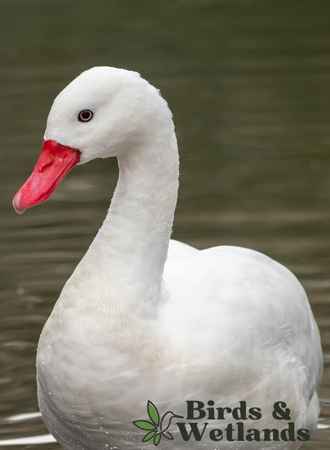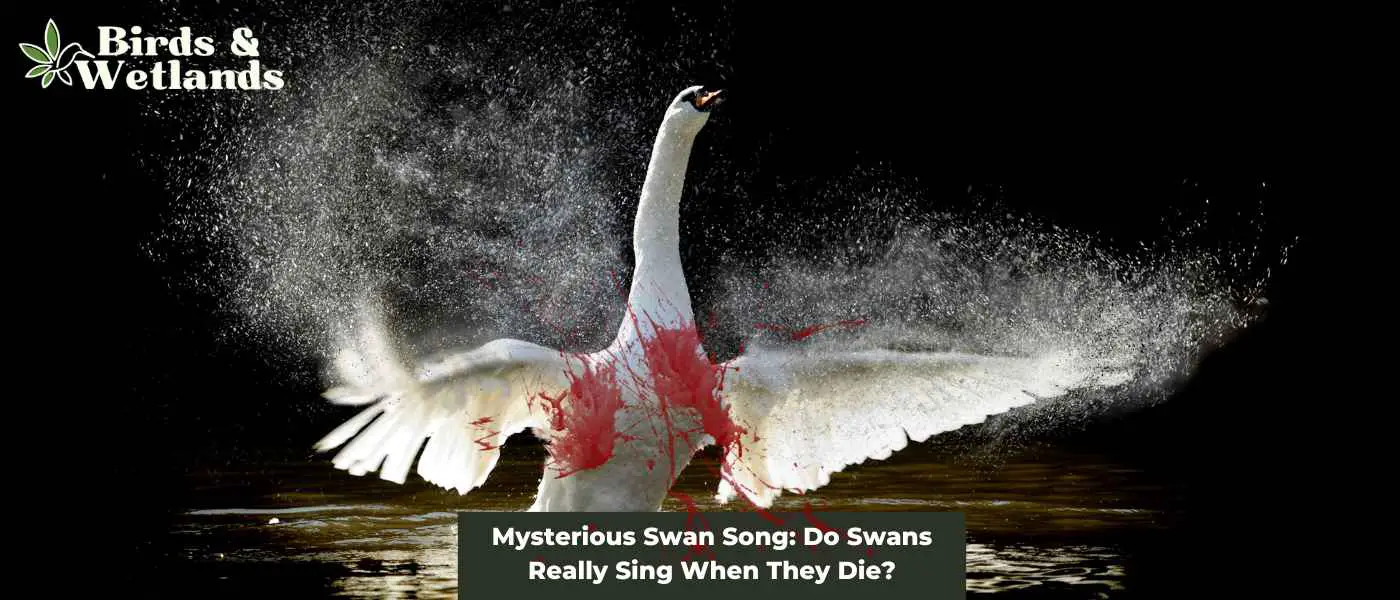Have you ever heard the iconic story about swans singing their swan song when they die? It’s often referred to as a beautiful, melodic farewell to the world – but do swans actually sing a song as they pass away?
While the metaphorical notion of a swan singing its own lament has existed for centuries, the evidence suggests that this may, in fact, be nothing but folklore. In this blog post, we’ll explore the truth behind this old tale and uncover whether or not this beloved story has any truth to it.
Key Takeaways on the Story That the Dying Swan Sings
- None of the swans found in North America, which includes whooper swans, tundra swans, trumpeter swans and mute swans, sing before they die.
- There is no scientific evidence to support the idea that swans sing when they die, making it likely an old myth or folktale.
- Swans produce a range of vocalizations which can sound melodic and serve distinct purposes such as establishing territories or communicating with other swans.
Does a swan sing when it dies?
Swans are birds known for their beautiful and haunting calls, which are often described as trumpet-like or mournful. They use these calls to communicate with other swans, defend their territory, and attract mates. However, they do not sing traditionally, as they do not produce melodic tunes. So the legend about the swan sings is false.
It is a common misconception that swans sing just before they die, but this is not true. There is no scientific evidence to support the idea that swans sing when they die, and it is likely an old myth or folktale.
A good example to this is the whooper swan. The whooper swan has a ‘bugling’ call and has been observed emitting a drawn-out succession of notes as its lungs collapse upon expiration, both of which are caused by an extra tracheal loop within its sternum.
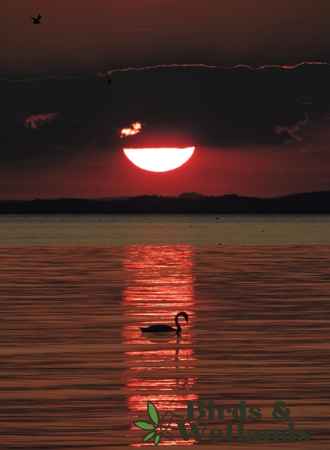
Can swans sing?
While many swans may not sing in the traditional sense, they produce a range of vocalizations that can sound quite melodic. These vocalizations are often used to establish and maintain their territories, which is vital to species’ success.
Sounds made by swans include honking, trumpeting, growling, and hissing. Some of these sounds could be considered singing if the listener interprets them as such.
However, to the swan, each of these vocalizations serves a distinct purpose and is done either alone or as part of a pair. Interestingly, communication between individual pairs of swans may be as unique as language itself!
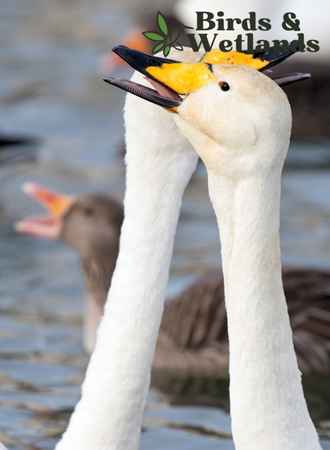
Related Questions
What’s the meaning of the phrase ‘Swan song’?
“Swan song” refers to a final act or final gesture, especially one that is regarded as the best or most memorable. It can also refer to a final song or final performance. This term is often used when a musicians do farewell tours, final concerts or final performances before they bow out.
The phrase is derived from the belief in ancient Greece in 3rd century BC that swans sing a beautiful song just before they die.
The name “swan song,” with its current figurative meaning, first appears in print in the 18th century. The Scottish preacher Jon Willison used the word in one of his Scripture Songs , 1767, when he alludes to ” King David’s swan-song “.
Another origin of the swan song (carmen cygni in Latin) legend can be traced back to ancient Greek mythology. In the story, Zeus transformed the poet Orpheus into a swan after he was killed by the gods. In this new form, Orpheus was said to sing such beautiful songs that even the gods were moved to tears.
The legend of the swan song has been passed down through the centuries, and many people still believe that swans sing a beautiful song just before they die.
In 1898, zoologist D.G. Elliot reported that a tundra swan he had shot and wounded in flight began a long glide down whilst producing a series of “plaintive and melodious” notes that “sounded at times like the mellow running of the notes of an octave”.

What is King David’s swan song?
King David’s “swan song” refers to the 2 Samuel 22:51 and 23:1-7, the final words or last song attributed to King David before his death. The song is a hymn of praise to God for deliverance from his enemies and is considered his farewell to life and an expression of his faith.
What are the references of “swan songs” in literature?
- In Chaucer ‘s Parlement of Foules contains a reference to “the Ialous swan, ayens his deth that singeth [the jealous swan, that sings at his death]”.
- In William Shakespeare’s Merchant of Venice, Portia says “Let music sound while he doth make his choice; then, if he lose, he makes a swan-like end, fading in music.”
- In his poem On a Volunteer Singer, Samuel Taylor Coleridge spun the term on its head: “Swans sing before they die; ’twere no bad thing Did certain persons die before they sing. However many people ever believed the ‘singing before death’ story isn’t clear but few believe it now.”
- Leonardo da Vinci mentioned the legend in his notebook saying “The swan is white without spot, and it sings sweetly as it dies, that song ending its life.”
- Alfred Lord Tennyson also referred to swan song in his early poems.
- Swan song was also referred in Plato’s Phaedo.
Is the mute swan actually mute?
The mute swan is a majestic creature with white feathers and a long, curved neck. While its name might suggest otherwise, the mute swan can actually vocalize.
In fact, it has an amazingly rich repertoire of noises – anything from hissing to grunting and clucking. The ‘mute’ name doesn’t mean they are completely silent but probably arose from taxonomists who could not hear any sound when observing the species from far away.
To hear its true voice, one must be lucky enough to get close enough to appreciate this elegant bird’s musical talent.
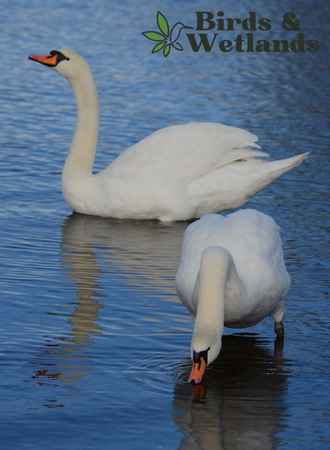
What bird sings just before death?
The phrase “bird singing just before death” is a metaphor and there is no actual bird species that sings just before death. It may refer to the idea of a swan singing a beautiful song just before it dies.
Why is the coscoroba swan not a true swan?
The Coscoroba swan of South America looks like a true swan but strikes a wrong note on the genetic scale. This unique and spectacular bird belongs to a family all its own, distinct from true swans and ducks.
